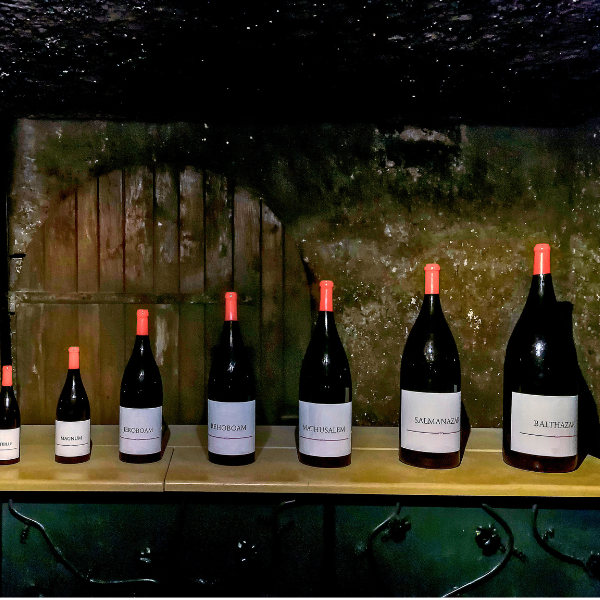Wine 101: Wine Ratings Explained
- Jul 7, 2023
Article Updated July 2023
In the wine world, many consumers look to wine ratings or 'points' when determining the quality and desirability of a bottle. But what is considered a good wine rating, and do these ratings really matter? In this article, we will explore the significance of wine ratings, the different rating systems used, and whether they should be the sole factor influencing your wine choices.


Different Wine Rating Systems
Several rating systems are employed in the wine industry, each with its unique approach and scale. Let's take a closer look at some commonly used systems:
The 100-Point Scale
One of the most popular and widely recognized rating systems is the 100-point scale, largely influenced by Robert Parker. Wines are rated on a scale from 50 to 100, with higher scores indicating superior quality. Robert Parker, known for his work with the Wine Advocate magazine, introduced this system. He likened the grading to school grades, with 90-100 being an A, 80-90 a B, and so on. Wines rated between 90 and 100 points are considered excellent.
The 20-Point Scale
Jancis Robinson, an esteemed wine critic, has made significant contributions to the wine industry, including the development of her own scoring system using 20 points. Her approach offers a more nuanced evaluation of wines. In her scoring system, a 19-point wine is described as a "humdinger," while a 20-point wine is considered near perfect. Robinson emphasizes the philosophy that regardless of the rating, a good wine can be recognized through taste.
For information on the rating systems mentioned, clink the links below:


What Makes a Good Wine Rating?
A good wine rating takes into account various factors, including the wine's complexity, balance, depth of flavors, aging potential, and overall enjoyment. It considers both objective factors, such as acidity and tannin structure, and subjective factors, like personal preferences and tasting experiences. The temperature, food eaten prior to the tasting, the mood of the grader, the perfume or cologne of the person sitting next to them; all of these can affect the way in which the wine is perceived.
So how can these points be truly objective? How can we know whether an 89-point wine is really a 90 point one, but the grader had an argument at home that morning and was in a bad mood when tasting the wine? It's important to understand that wine ratings are subjective and represent the opinion of the critic or publication. Different critics may have varying preferences, tasting methodologies, and scoring systems. Comparing ratings from multiple critics can provide a more comprehensive view and help you understand the overall perception of a wine.


Do Wine Ratings Matter?
Wine ratings provide a valuable reference point for consumers, particularly those with limited wine knowledge. They offer guidance in selecting wines and can enhance the overall wine experience. Wine ratings also contribute to the appreciation and recognition of winemakers' skills and efforts. Expert drinkers will also adhere to graders that they know their palate leans towards. Many wine graders have amassed a dedicated following due to their conservative nature, expertise in a certain region or wine, or simply people who enjoy reading and watching their work.
However, there are certain limitations. Ratings are subjective and represent the opinion of the critic or publication. Personal taste preferences may differ, and individual experiences with a particular wine can vary. It is important for consumers to explore and experiment with wines beyond the ratings to develop their own preferences.
Admittedly, it is a bit harder in the Kosher wine world as Kosher wines have not been scrutinized to the same extent as non-Kosher ones.
Thankfully, not only do we have our own Kosher wine experts that you are free to appropriately stalk, but Kosher wines are starting to gain a larger worldwide recognition, resulting in more highly rated kosher wines cropping up.
Scores can work for those that are looking for some guidance in their wine purchasing journey, but do not let them define your purchasing. An 89-point wine for you can be better than a Parker 93, if you remember that your palate is not necessarily the same as Robert Parkers. Also, a 90 rated Cabernet Sauvignon from California will have a very different taste when compared to a 90 rated Cabernet Sauvignon from France or Australia.
There are some Kosher wines that have gotten some big scores recently - you can check out our entire 90-point collection right here on KosherWine.com.


 Get help from an expert like Brad
Get help from an expert like Brad









